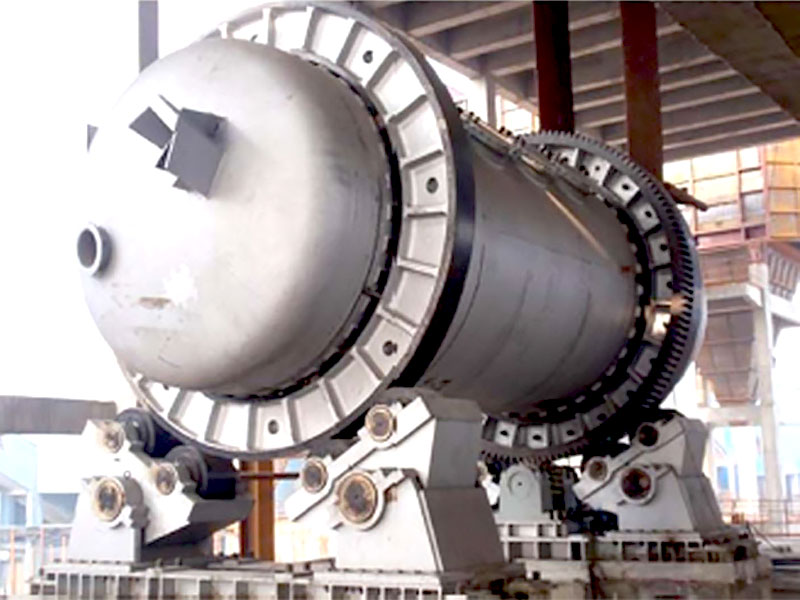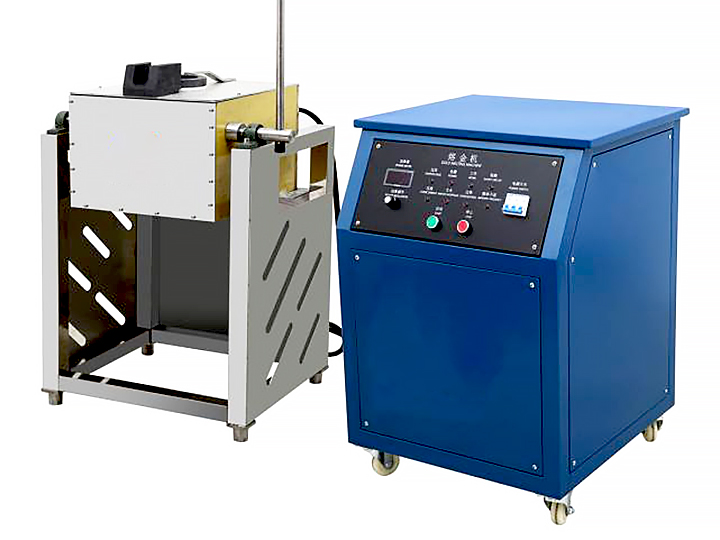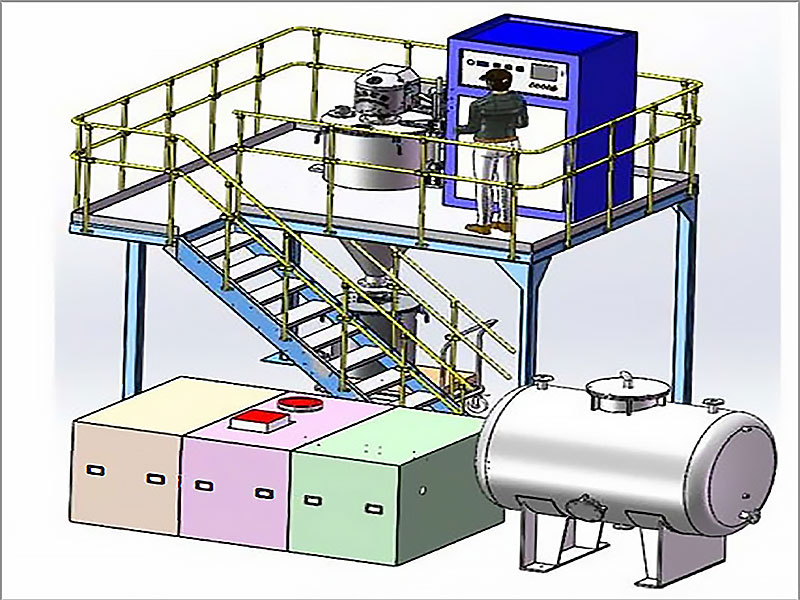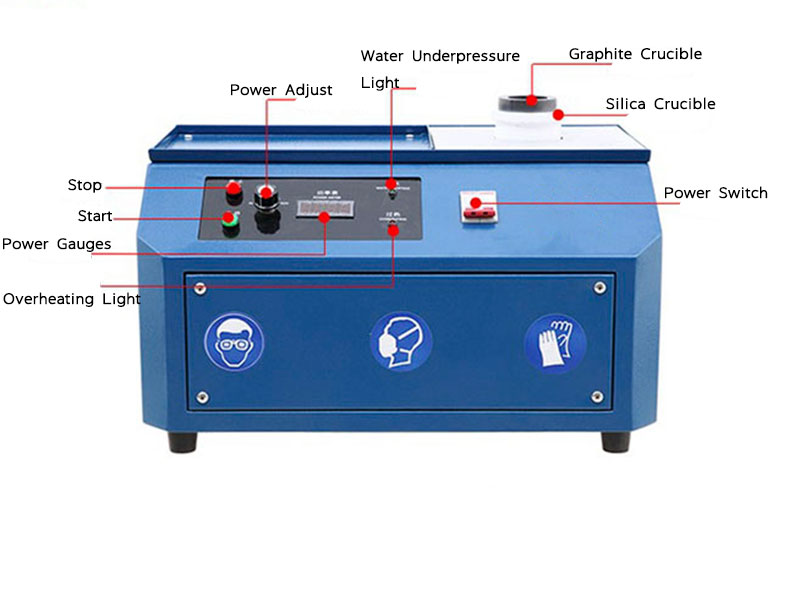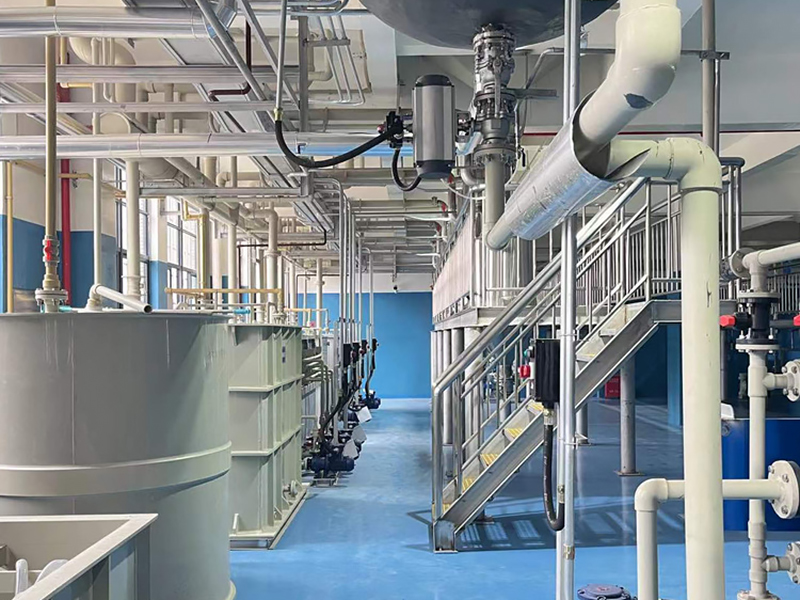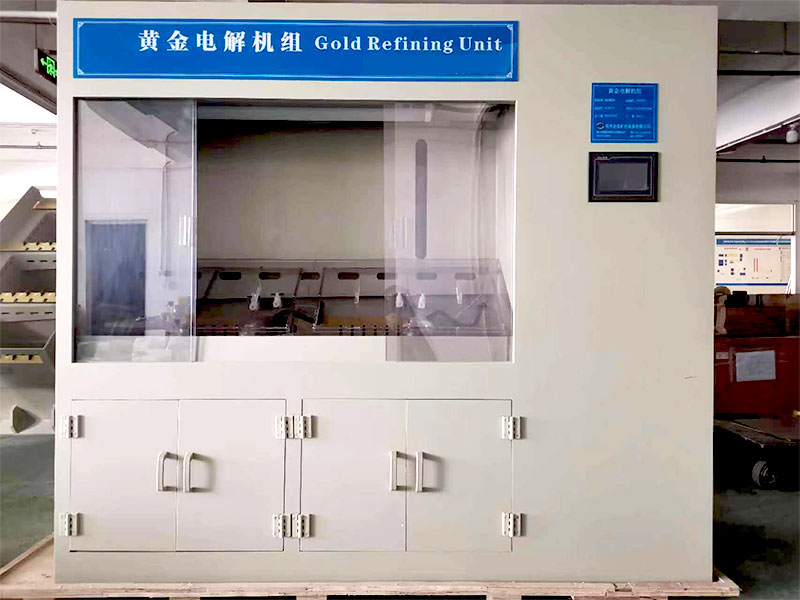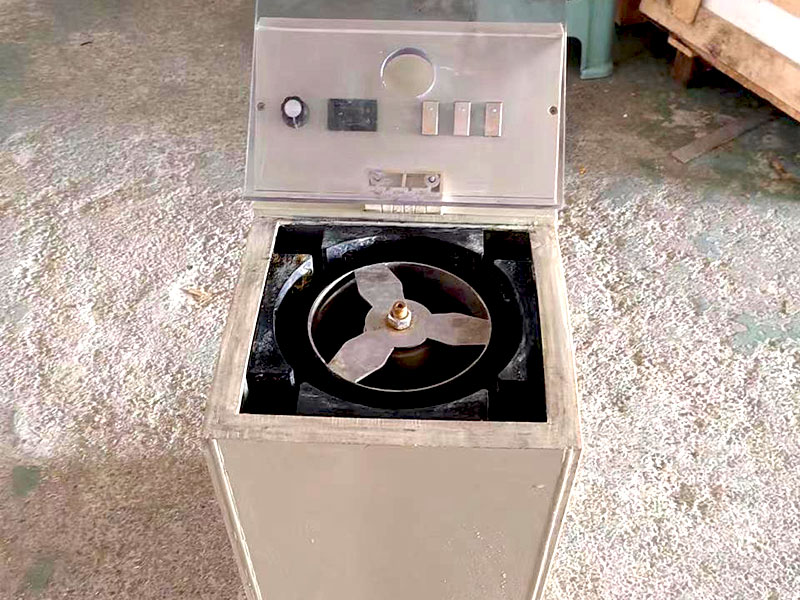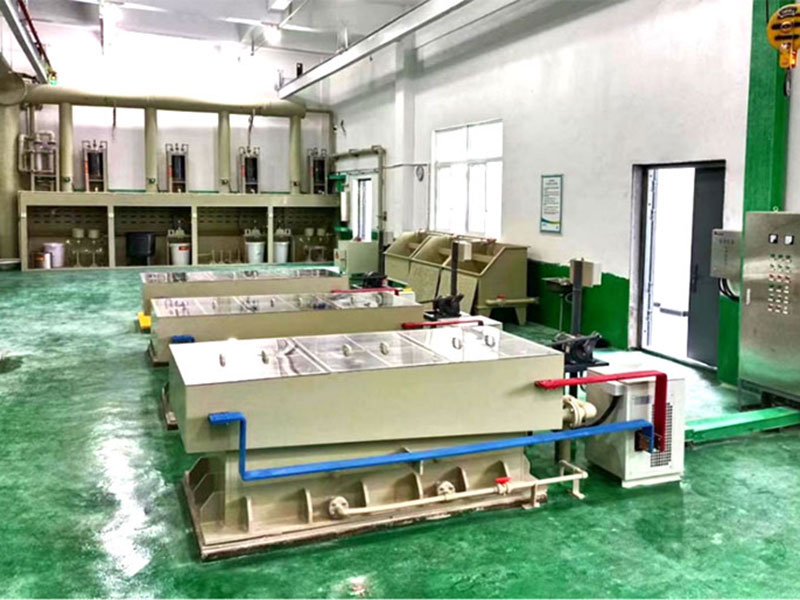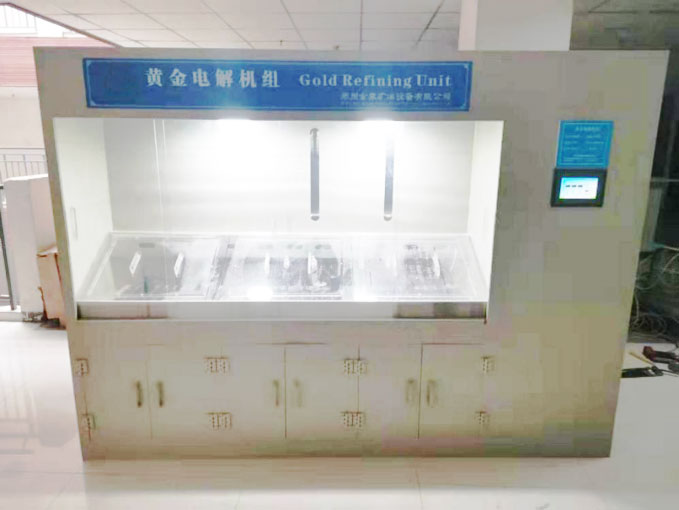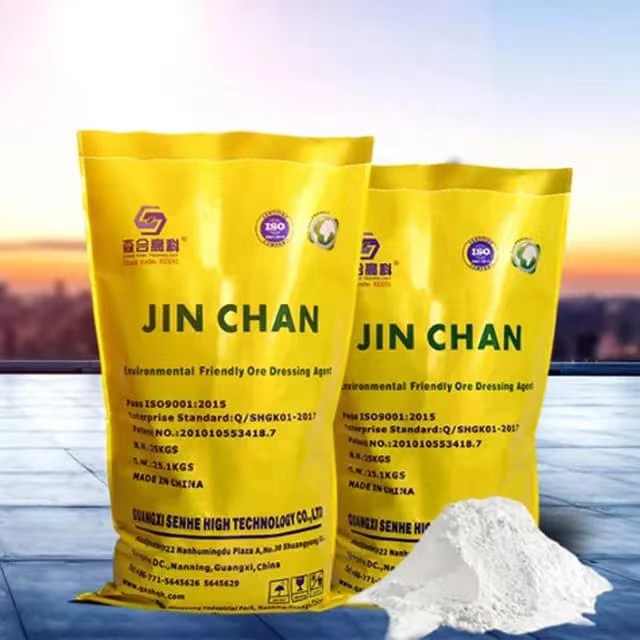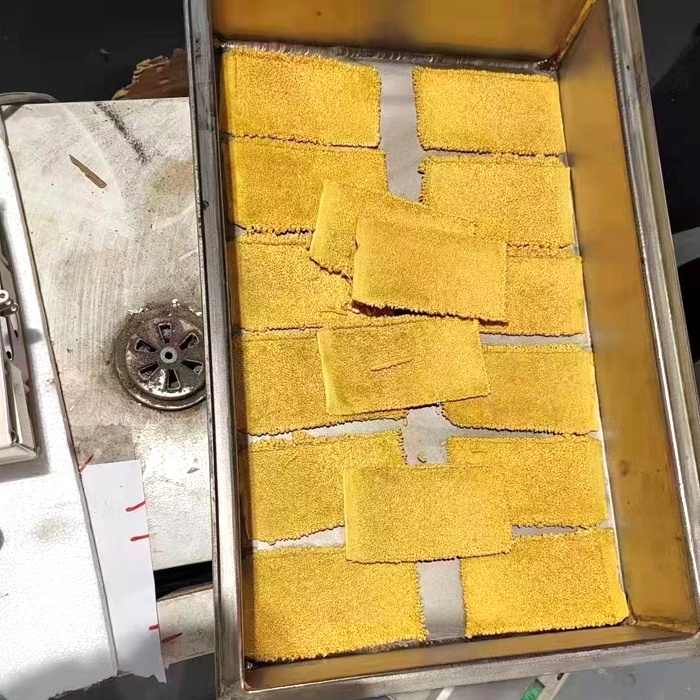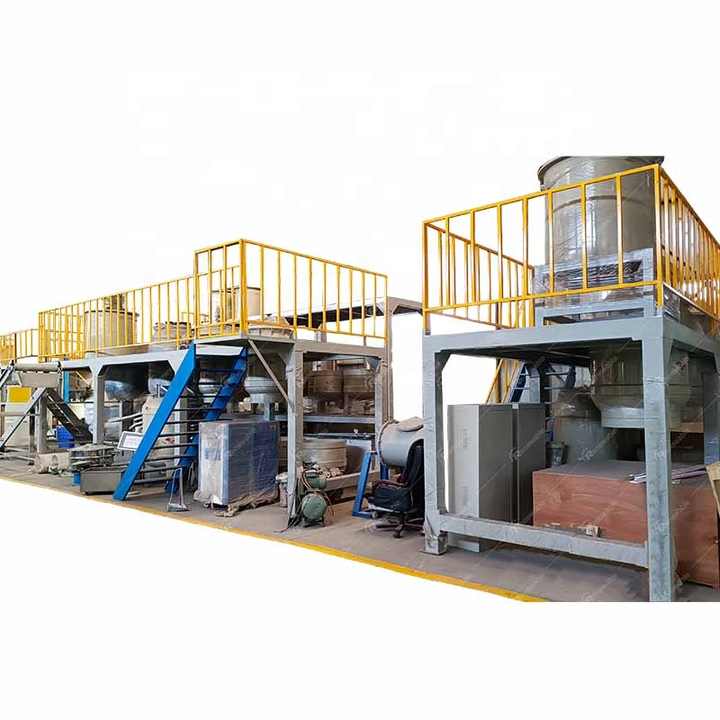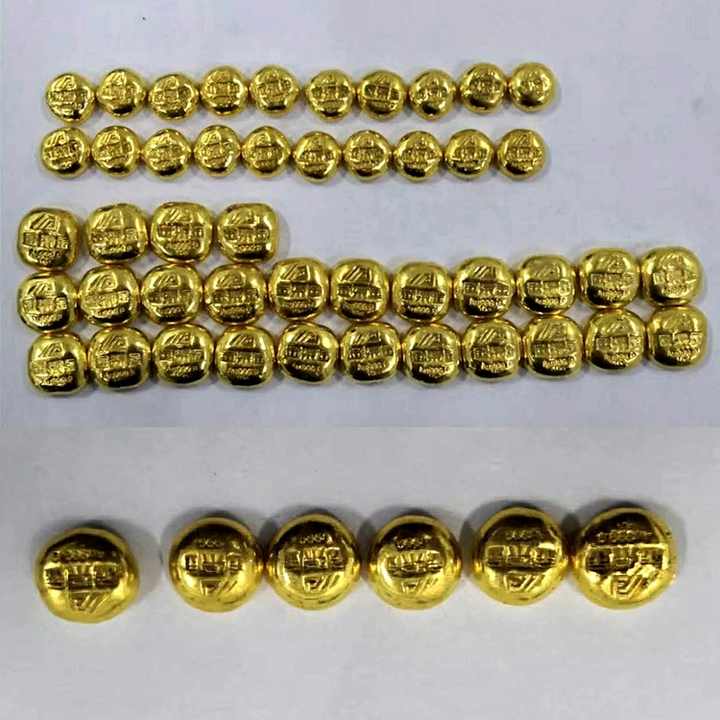gold refining companies
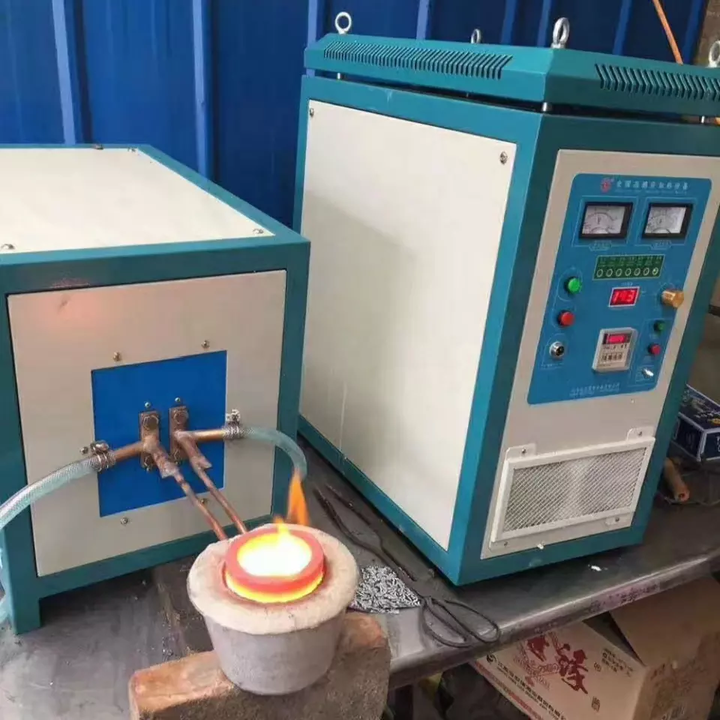
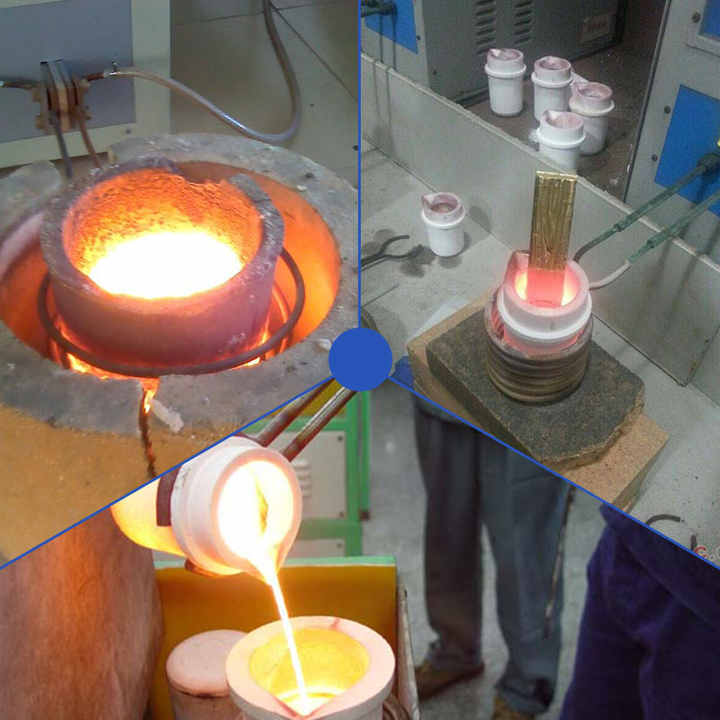
Gold refining companies play a pivotal role in the precious metals industry, transforming raw gold into a pure and valuable commodity. These companies are at the heart of the gold supply chain, ensuring that gold extracted from the earth is refined to the highest standards before being used in various industries, from jewelry to electronics. This article delves into the functions, processes, and significance of gold refining companies.

The Role of Gold Refining Companies in the Gold Supply Chain
Gold refining companies are responsible for purifying gold to a specified level of purity, typically 99.5% or higher. The process begins with raw gold, often in the form of gold ore, scrap, or unrefined gold bars, which is then processed to remove impurities such as other metals, minerals, and non-metallic inclusions. The refined gold is then cast into bars, coins, or other forms suitable for various applications.
These companies not only refine gold but also ensure that it meets international standards of quality and purity. Their role is crucial in maintaining the integrity of the gold market, as they provide the assurance that the gold being traded or used is of the highest possible quality.
The Processes Used by Gold Refining Companies
Gold refining companies employ a range of techniques to purify gold, each with its own set of advantages. The choice of method depends on factors such as the type of gold being refined and the desired level of purity. Some of the most common methods include:
- Miller Process: This is a quick and cost-effective method used by many gold refining companies. It involves blowing chlorine gas through molten gold, which causes impurities to form a chloride slag that can be easily removed. While the Miller process is efficient, it typically results in gold with a purity of about 99.5%.
- Wohlwill Process: This method is used when higher purity levels are required, often up to 99.99%. The Wohlwill process involves electrolytic refining, where impure gold is made the anode in an electrolytic cell, and pure gold is deposited on the cathode. This method is more expensive and time-consuming than the Miller process but results in higher purity.
- Aqua Regia Process: This chemical refining process is used by some gold refining companies to dissolve gold and separate it from impurities. The gold is then precipitated and refined further. This method is highly effective but requires careful handling due to the corrosive nature of the chemicals involved.
How Gold Refining Companies Ensure Quality and Purity
Ensuring the quality and purity of gold is a top priority for gold refining companies. To achieve this, they implement stringent testing and quality control measures at every stage of the refining process. These measures include:
- Assaying: Before refining begins, the raw gold is assayed to determine its composition and the amount of pure gold it contains. This allows the company to select the most appropriate refining method and estimate the yield of pure gold.
- In-Process Testing: Throughout the refining process, samples are taken and tested to monitor the progress of purification. This helps to ensure that impurities are being effectively removed and that the final product will meet the desired purity standards.
- Final Assay and Certification: Once the refining process is complete, the gold is subjected to a final assay to confirm its purity. Gold refining companies then issue a certificate of purity, which is essential for the gold to be accepted in the market.
The Importance of Ethical and Sustainable Practices for Gold Refining Companies
In recent years, there has been growing awareness of the need for ethical and sustainable practices in the gold industry. Gold refining companies are increasingly adopting measures to ensure that their operations are environmentally friendly and socially responsible. Some of these measures include:
- Sourcing Responsibly: Many gold refining companies are committed to sourcing their raw gold from mines and suppliers that adhere to ethical practices. This includes avoiding conflict gold and ensuring that workers are treated fairly.
- Reducing Environmental Impact: Refining gold can be an energy-intensive and polluting process. To mitigate this, companies are investing in cleaner technologies, such as using renewable energy sources and reducing the use of toxic chemicals.
- Community Engagement: Some gold refining companies actively engage with the communities where they operate, contributing to local development and ensuring that their activities do not negatively impact the environment or local populations.
Choosing the Right Gold Refining Company
For those involved in the gold industry, selecting the right gold refining company is crucial. Factors to consider when making this choice include:
- Reputation: A company’s reputation for quality, reliability, and ethical practices is a key consideration. It is important to choose a company that is well-regarded in the industry and has a track record of delivering high-quality refined gold.
- Services Offered: Different gold refining companies may offer a range of services, from refining and assaying to vaulting and transportation. It is important to select a company that offers the specific services you require.
- Cost: Refining costs can vary depending on the method used and the level of service provided. It is important to compare costs among different companies to ensure you are getting the best value for your money.
Conclusion
Gold refining companies play an essential role in the global gold industry, transforming raw gold into a pure, marketable commodity. By employing advanced refining techniques, ensuring strict quality control, and committing to ethical and sustainable practices, these companies help maintain the integrity and value of the gold market. Whether you are a gold miner, investor, or manufacturer, choosing the right gold refining company is crucial to ensuring the purity and quality of your gold.

